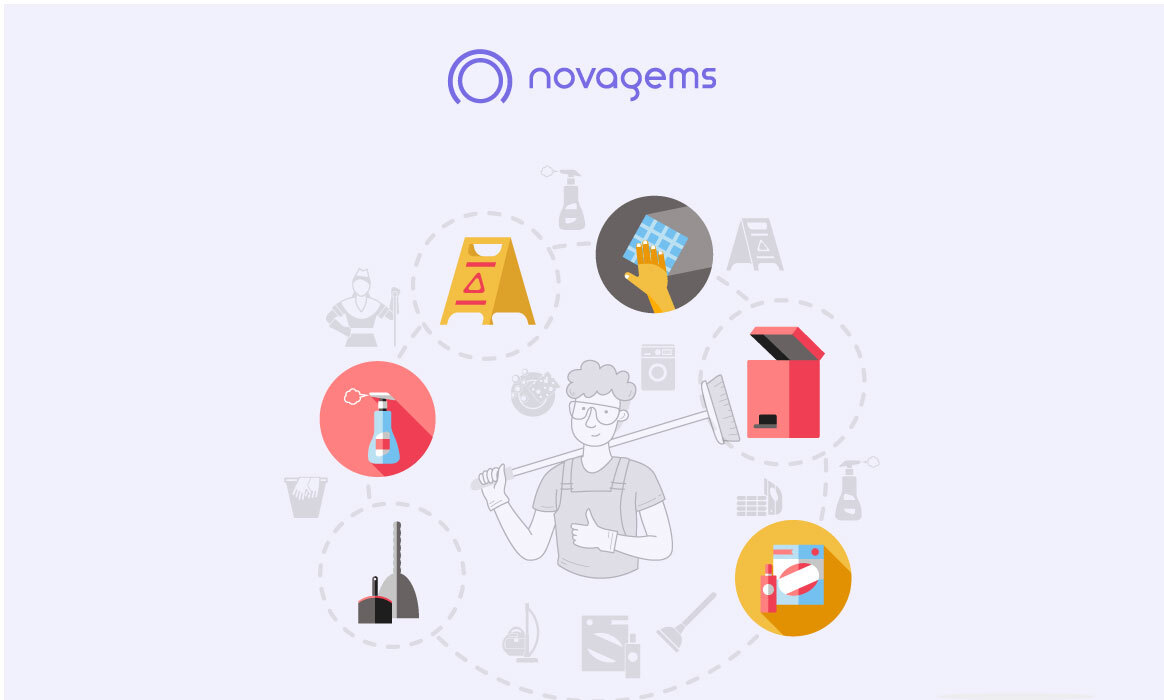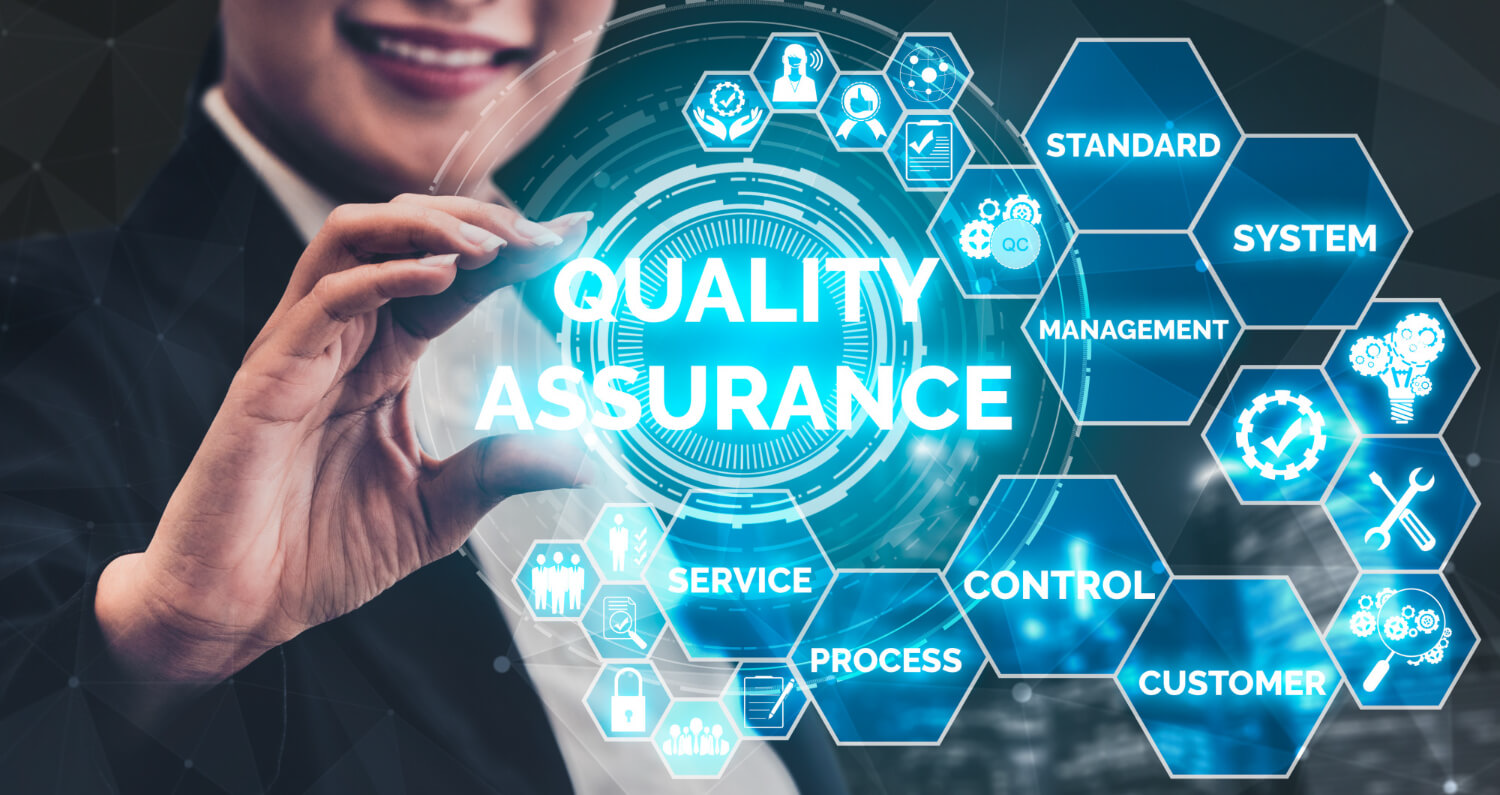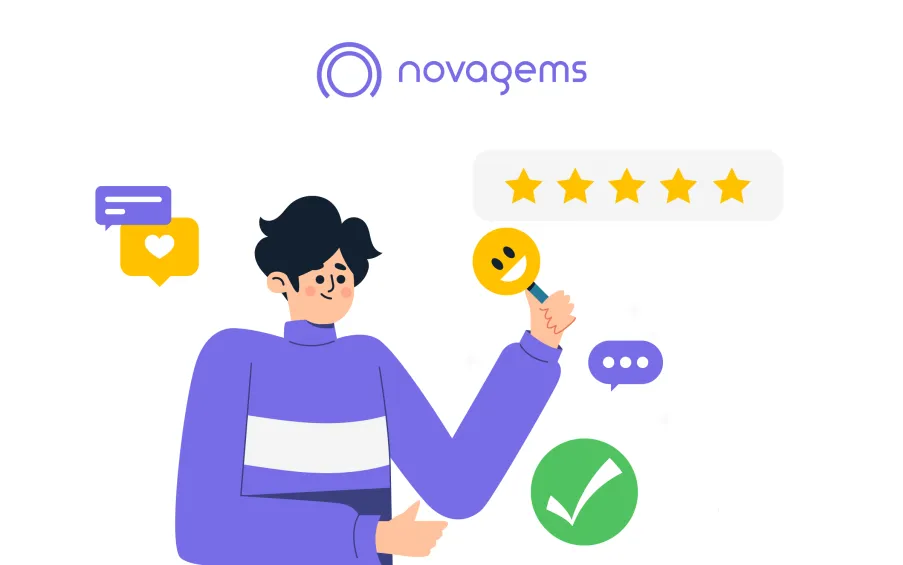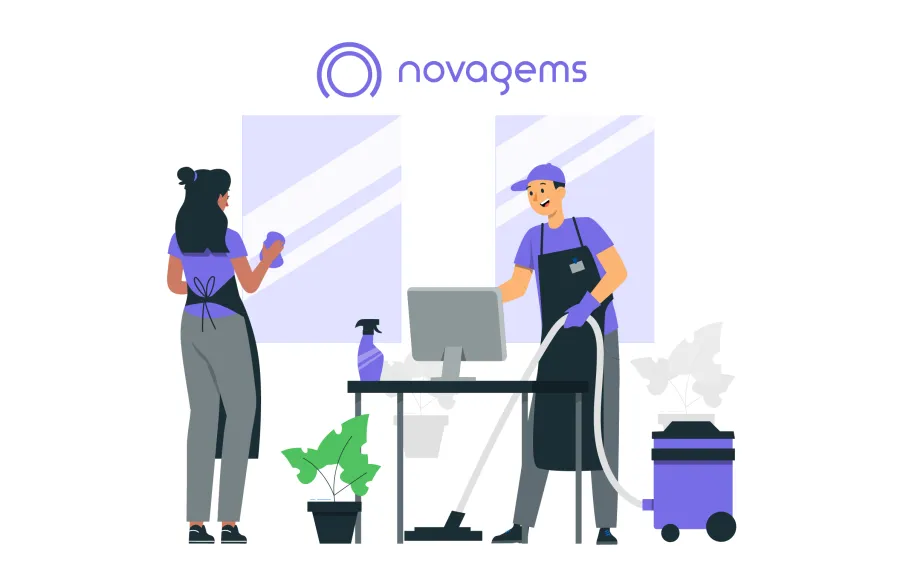Compliance And Safety In Cleaning Management: Best Practices And Guidelines
Fri, Jul 14, 2023
Read in 4 minutes

Understanding Compliance And Safety In Cleaning Management:
Compliance regulations serve as a foundation for ethical practices and legal obligations in the cleaning industry. Familiarize yourself with industry-specific regulations, such as licensing requirements, waste disposal guidelines, and chemical handling protocols. By staying up to date with these cleaning management compliance, you can ensure that your cleaning business operates within the legal framework, avoiding penalties and demonstrating professionalism to clients.
Importance of Safety Measures in Cleaning Operations
Safety is a top priority in cleaning management, as cleaning staff often encounter various risks and hazards during their work. Implementing robust safety measures is essential to protect employees and occupants from accidents, injuries, or exposure to harmful substances. This involves providing proper training on safe handling of cleaning chemicals and equipment, ensuring the use of personal protective equipment (PPE), and conducting regular safety inspections to identify and address potential risks.
Developing A Comprehensive Safety Program
To promote safety in cleaning operations, cleaning managers should establish a comprehensive safety program. This program should include clear policies and procedures, regular safety training sessions, and effective communication channels for reporting incidents or safety concerns. By fostering a safety-conscious culture, cleaning managers can empower employees to prioritize safety in their daily tasks and contribute to a secure working environment.
Embracing Technology for Compliance and Safety
Technological advancements can greatly assist cleaning managers in achieving compliance and safety goals. Implementing cleaning management software can streamline processes, ensure proper scheduling of tasks, and track compliance-related activities such as training and certifications. Additionally, connected devices and sensors can be utilized to monitor air quality, detect hazardous conditions, or manage the usage of cleaning supplies. Leveraging technology not only enhances efficiency but also enables real-time monitoring and proactive measures to maintain compliance and safety.

Hazard Identification and Reporting
Anything can happen while you cleaners are doing their job. A client may slip and fall on the wet floor. You need to protect your clients as well as your employees from such dire situations. If you have management software then you can give specific guidelines to your cleaners and make proper checklists that they have to follow.
Customized reports are a favorite amongst both clients and employees. It takes a huge load off the employees’ shoulders and the clients get a detailed report of the work they want to check. Real time reporting and instant notifications can keep everyone on the same page and at the same time prevent any bigger losses from happening.
Documentation And Record-Keeping
Having a record of everything is highly important nowadays. These documents can be used as a safety measure if any situation asks for it. Having your cleaners keep a record of every minute thing is next to impossible. And if you are still using the old method of using physical record books, then your cleaners are spending more time making the record than doing the actual cleaning.
And we cannot have that now can we?
That’s why management software can help you. Let the software do the manual work while your cleaners focus on cleaning. You can even have visual proofs of the cleaning and the work being done. This gives you a chance to review and keep a check on your employees productivity and efficiency.
Regular Audits And Inspections
Compliance and safety efforts should be an ongoing process. Conducting regular audits and inspections allows cleaning managers to identify areas for improvement, address non-compliance issues, and make necessary adjustments to safety protocols. By involving employees in the auditing process and encouraging their feedback, cleaning managers can promote a culture of continuous improvement and ensure that compliance and safety remain a priority.
Now you cannot go to every site where your employee is working and keep a regular check on their activities. Using an effective management system will be the best way to keep a regular check and inspections. These inspections will aid you in performance evaluation and identify areas of improvement. Cleaning industry standards must include regular audits and inspections to maintain healthy client relations.
Communication And Engagement

Having clear channels of communication is necessary in today’s world. Cleaning industry is such an industry where every employee is working from different locations. It becomes difficult to maintain a clear communication if you do not have proper means. If there is any change in the operations everyone must be properly informed to avoid any errors. You can improve your business quality with highly performing employees backed with seamless communication.
Your cleaners are the face of your business as they are the ones who are interacting the most with the customers. Having proper bonds with your customers will set you apart from your competitors and lets you have that extra edge for your business.
Conclusion
Compliance and safety are integral components of effective cleaning management. By prioritizing compliance, implementing robust safety measures, leveraging technology, and conducting regular audits, cleaning managers can create a secure environment for both employees and occupants. By doing so, they not only meet regulatory requirements but also enhance the overall well-being and satisfaction of everyone involved.
Get a Free Trial
Sign up For Newsletter
Latest Blog Posts
Get Started
Start being productive & grow your business
with Novagems




